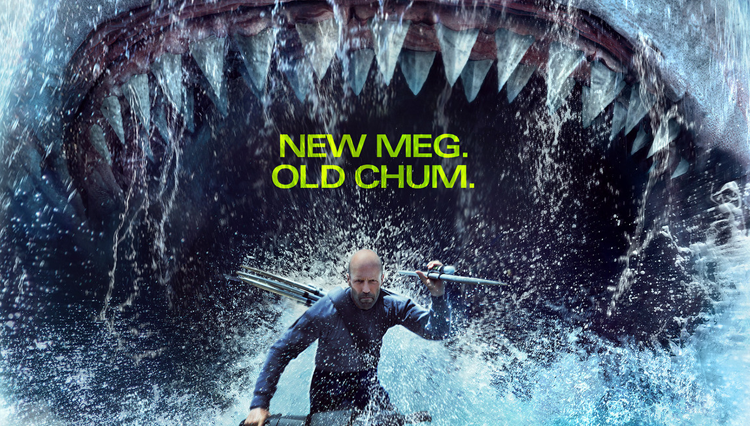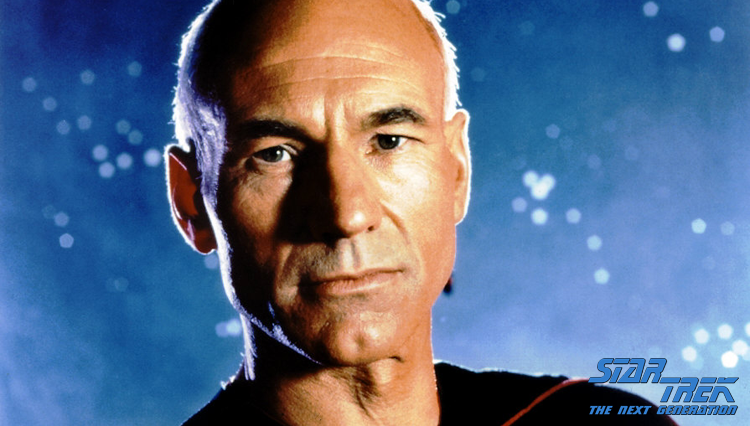
Television can be a comforting cushion; mindless escapism designed for temporary alleviation of our fears and doubts in this modern life, or if it’s produced thoughtfully, a searing mirror that reflects the culture and society from which it was born. I can remember as far back as Moonlighting and Family Ties when we were dying to know what would happen in the next episode. Binge-watching has removed that line of suspense and curiosity.
It’s become only a matter of advancing to the next episode until the well has inevitably gone dry. We have but to select the series we wish to binge and then play the episodes. As soon as I finished watching the entire six-season run of Schitt’s Creek, I plunged straight into Stargate SG-1. There was no need to anguish in the despair of picking up a book or talking to my family. Streaming entertainment is like an intravenous drip created to keep your butt on the couch and your eyes glued to the television.
Occasionally, a show will come along that gets so much hype, so much word-of-mouth, it’s almost impossible to ignore. The Wire. Breaking Bad. Mad Men. Game of freaking Thrones! I have yet to be lured to the dark side of the Force with those shows, but I did happen upon Eugene and Dan Levy’s opus, Schitt’s Creek on Netflix. Six seasons, thirteen episodes per season. Doesn’t sound too terrible. This is the story of an obnoxiously wealthy family who loses it all because of their criminal accountant. It’s not exactly a shirts-on-their-backs situation.
Some items simply can’t be hocked, such as their custom luggage, hideous wardrobe, and a disturbingly large family portrait, but they lose their ridiculous mansion. They’re forced to move to a town family patriarch Johnny Rose (Eugene Levy) purchased as a “joke” (huh?) for his son, David (Levy’s real-life son, Daniel). The town is called Schitt’s Creek. So how does one purchase a town? I’ve seen towns and unincorporated townships occasionally go up for sale on eBay, but those were more of the “ghost town” variety. Schitt’s Creek is a fully-functioning town with a main street and economy. How was the town not seized in the Great Rose Purge of 2015?
According to my research, Dan Levy pitched the show on the premise of what fabulously wealthy celebrities (the kind we’re subjected to on television and social media) would do if they lost all of their money. He obviously thinks they wouldn’t be able to cut it in the real world. In fact, Schitt’s Creek pulls no punches in its churlish hatred of the rich. In their former life, the Roses were pampered, spoiled, adored, and fawned over. Over the course of a few seasons, it becomes apparent Levy hates the characters he has created, making them the witless stooges of the enlightened community they inhabit, as well as frustrating punchlines to unfunny jokes.
Even with their atrocious attitudes, the Rose family are embraced by Schitt’s Creek’s denizens, the most notable of them being the Schitt family, Roland (Chris Elliot) and his wife, Ronnie (Karen Robinson). Roland serves as a kind of foil or friendly antagonist for Johnny Rose, while Ronnie plays good cop to Moira (Catherine O’Hara), basically treating her like the overgrown child she is and catering to her bizarre whims. With the exception of Johnny, the Rose family are children in a way. Considering both David and his sister, Alexis (Annie Murphy) have had gainful employment in the past, why are they consigned to Schitt’s Creek along with their parents? By series end, they’re both well into their thirties!
Each season of Schitt’s Creek has a prevailing story-arc for each character. Moira becomes a member of the town’s council, as well as a member of the Jazzagals, the local singing group. She jump-starts her withered acting career with a starring role in the direct-to-streaming horror epic, The Crows Have Eyes 3: The Crowening (one of the more satisfying developments of the show), which leads to a reboot of her primetime soap opera, Sunrise Bay. David, having received a generous severance check for his efforts in selling the Blouse Barn (a local store in which he was briefly employed) to a consortium in Australia, starts his own business with eventual husband, Patrick (a guy with the patience of a saint).
Alexis finishes high school, goes to college, receives a degree in business management, and starts a public relations company all while becoming engaged to veterinarian Ted (Dustin Milligan) twice before he ditches her to study turtles in the Galapagos Islands. Johnny, having mulled over his failures in business, becomes partners with motel owner Stevie Budd (Emily Hampshire) to launch a chain of Rosebud motels nationwide. This is more fanciful than science fiction at its most outrageous; a comforting cushion for weary buttocks (excluding mine).
Now anyone who has ever had to live a life filled with setbacks would tell you the charmed existence of the Rose family could never happen. Perhaps that’s what distressed me the most about Schitt’s Creek. Yes, it is fantasy, and it is escapism, but their first-world problems don’t fly. Anybody who comes into contact with the Roses is suddenly swept away in an unusual sea of contradiction and impossible circumstances. It’s a siege mentality that surrenders no hostages.
There are no contra-indications; neither the Rose family nor the town have any influence or effect on each other. David whines incessantly about his confidence (or lack of) from the start of the series to its finish. Both Moira and Alexis remain oblivious and bubble-headed from start to finish. Johnny basically lucks out with his business acumen in setting about an almost complete reversal of fortune.
These things don’t happen. People do change (albeit slowly) and life goes on, but the Roses never viewed Schitt’s Creek as anything other than a large prison and, consequently, that is how we see it, even though it looks like a nice town to me. If the Roses behaved with any measure of reality, their chances of happiness would’ve more than doubled and their prospects would be immeasurably improved. It’s no coincidence my favorite character (I can’t believe I had a favorite character) was Stevie, the pitiful young woman who has to deal with the Roses on a daily basis. And then it struck me: Stevie is the audience. That’s why she (and Patrick) are the only characters we can relate to, hence every time I rolled my eyes, they rolled their eyes!
The new-money aesthetic and placidity of the show’s premise wears thin as early as the first few episodes. Fair-weather friends, colleagues, and associates do creep into Schitt’s Creek on occasion, and they are met with an almost instant derision. In one of the better scenes of the series, Johnny derides one of these “friends” at an awkward dinner for turning his back on the Rose family in their destitution. Johnny then praises the Schitt family for their kindness and generosity. Johnny, being the most “stable” of the Rose clan, is given the least amount of screen time to develop his character. Schitt’s Creek, now that I’ve had time to think about it, is really the story of David Rose and his evolution (if you want to call it that). We spend way more time with David than anybody else on this show.
Because we don’t have the pretense of the faux-documentary style of The Office, Modern Family, or Arrested Development, nearly every “joke” falls flat. Schitt’s Creek is a show of long, awkward silences, interrupted with an acting style involving near-constant head-jerking, uptalking, and limp hand movements. As a result, David and Alexis appear to be either manic or suffering from some kind of a mild autism as they make passive-aggressive demands of everyone around them. It’s perversely interesting to see that they keep this up for five years and six seasons of production. It was enough to get the series a record 15 Emmy Awards for its final season; the most any comedy series has ever won. More than Cheers? More than Friends? More than Seinfeld? Amazing.







